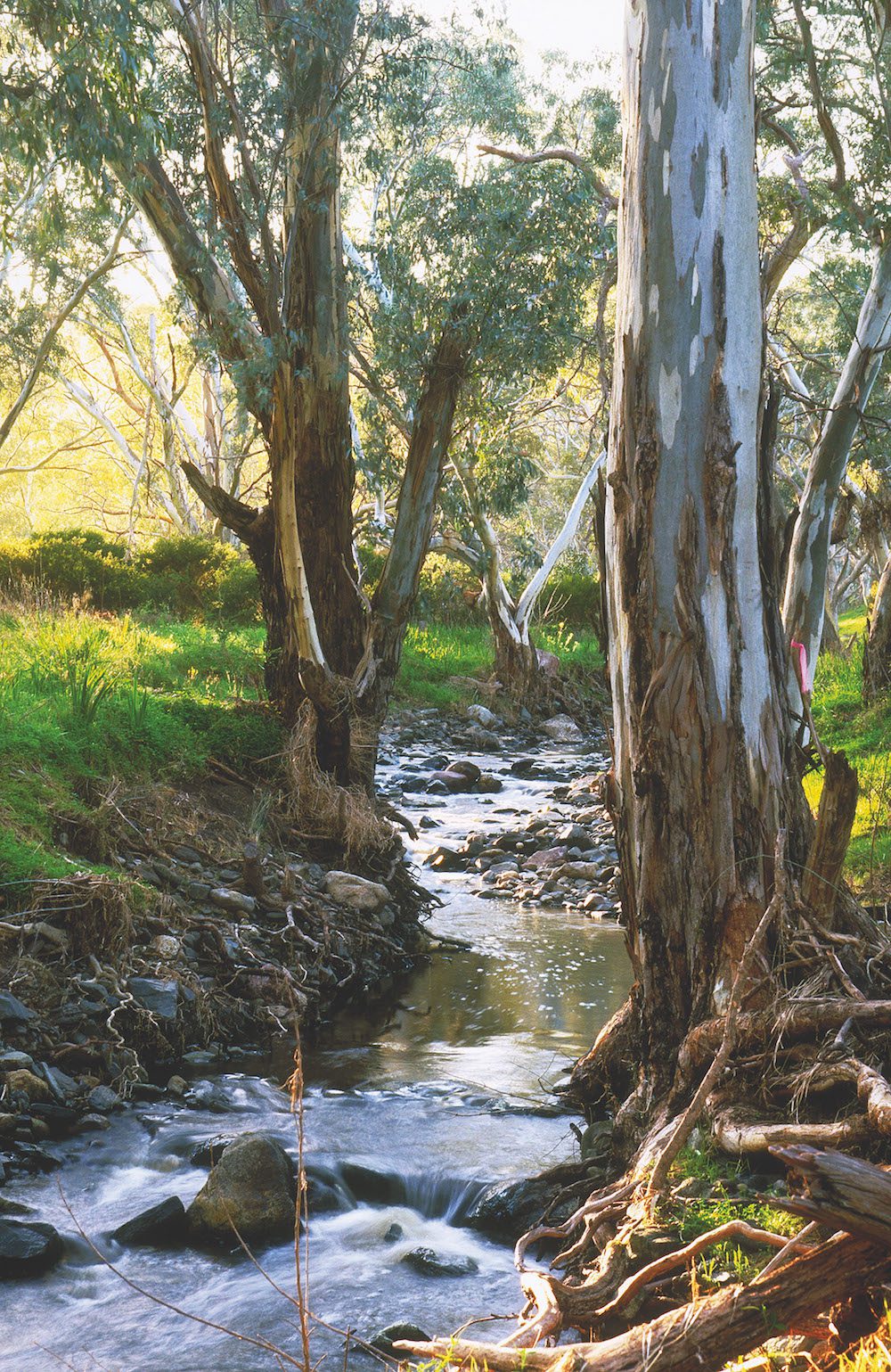
As part of its award-winning commitment to sustainable packaging, Pernod Ricard Winemakers has reduced the size of paper labels on Jacob’s Creek wines, switched to lighter weight bottles and removed capsules from its piccolo range of sparkling wines.
Pernod Ricard globally aims to send zero waste to landfill by 2020 and to achieve this most waste is recycled within its Barossa Valley wine operations. The company partners with Resource Co. to further separate waste and ensure as much as possible is recycled. The small amount of waste that is not recyclable is burnt to produce electricity and the ash is incorporated to cement. Grape marc is sent to Tarac and used to make spirit.
Robert Taddeo, Australian operations director for Pernod Ricard Winemakers, based at Rowland Flat, says sustainability is a core part of its strategy.
“We are continually re-engineering to make sure the environment is top of mind when we review our packaging,” he says. “We use a staged NPD process where we review a checklist, which covers environmental and sustainability factors to minimise packaging, recycling and responsible procurement practices.”
“Sustainability is a key component of our operations and this encompasses quality, safety and the environment. We’ve made significant inroads in both cultural change and performance in these areas over the past five years.”
Pernod Ricard’s strong focus on sustainable packaging was rewarded with a prize in the medium food and beverage category at the Australian Packaging Covenant Organisation’s (APCO) annual awards in Melbourne.
The company’s headquarters in France has released an environmental roadmap to 2020. “We have targets to meet,” Robert says. “They focus on three main areas of safety, quality and the environment. We live and breathe these every day; measure it and talk about it. We have cross-functional focused improvement teams on certain projects to drive cultural change across the business.”
Constantly looking at ways to reduce packaging materials, Robert thinks there could be opportunities with sparkling wine. “Utilising crown seals on sparkling wines, as opposed to cork, muselet and hood, could be a good alternative.”
The company places a lot of emphasis on not only sourcing the right materials, but ensuring they come from the suppliers who share the same values.

“Sourcing your raw materials is important,” Robert says. “For instance, our partners always reflect our values and have a solid track record of sustainable practices. They align with the overall core sustainability principles of Pernod Ricard to ensure people know what they’re buying, and that it has been produced sustainably and ethically.”
Pernod Ricard is now buying bottles made from ‘transition glass’ created by glass companies when they switch the furnace set-up from one bottle colour to another.
“Glass companies run a furnace for a glass colour such as antique green for two or three weeks, then they need to change that over to, say, a French green colour,” Robert says.
“There is a process where they need to run out the old colour. It takes days and in the past all of that glass was re-processed as a raw material. We now use that transition colour on certain red wine SKU’s – it makes minimal difference to how it looks on the shelf.”
Pernod Ricard switched to lightweight bottles in 2011. Those first bottles weighed 530 grams and are now 360 grams, representing savings in energy, packaging and transport. Jacob’s Creek has now extended the ranges using lightweight glass to include semi-premium.
Pernod Ricard has installed solar panels within its Barossa Valley operations and is looking to expand this “dramatically” over the next couple of years. “Mainly for environmental reasons,” Robert says, “but also because it improves security of supply – not only for us but for industry in general.
“We see renewable generation and batteries, both on and off site, as the future of electricity supply and this will only grow as the technology becomes increasingly affordable.
“The future will focus on the full lifecycle of packaging material from origin to disposal. We not only believe it is the right approach as a responsible business, but it delivers on the values important to our consumers.”
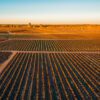

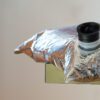

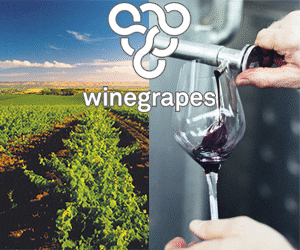
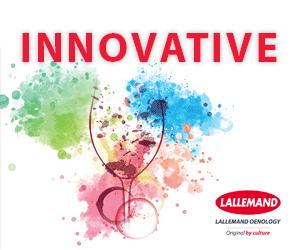
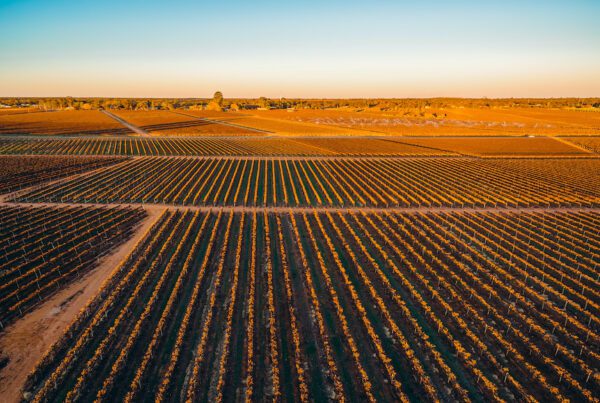
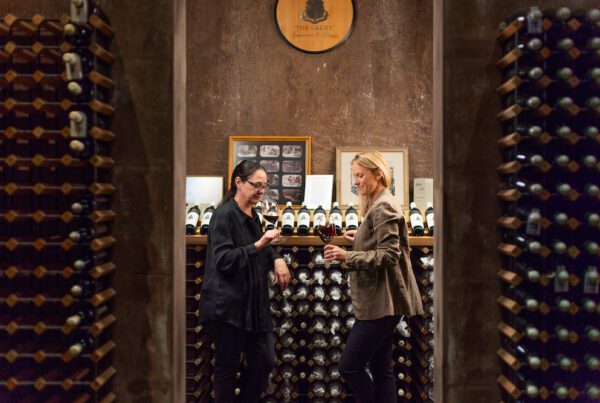
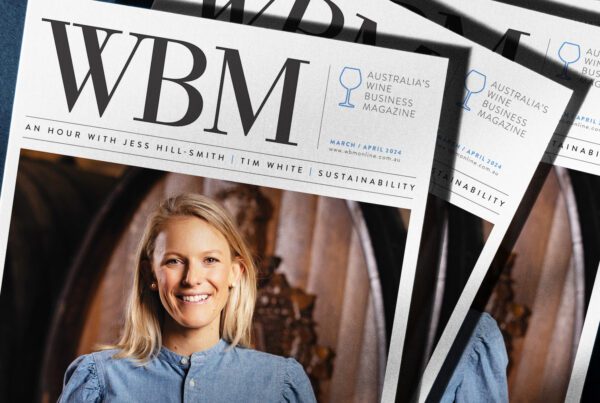
Recent Comments